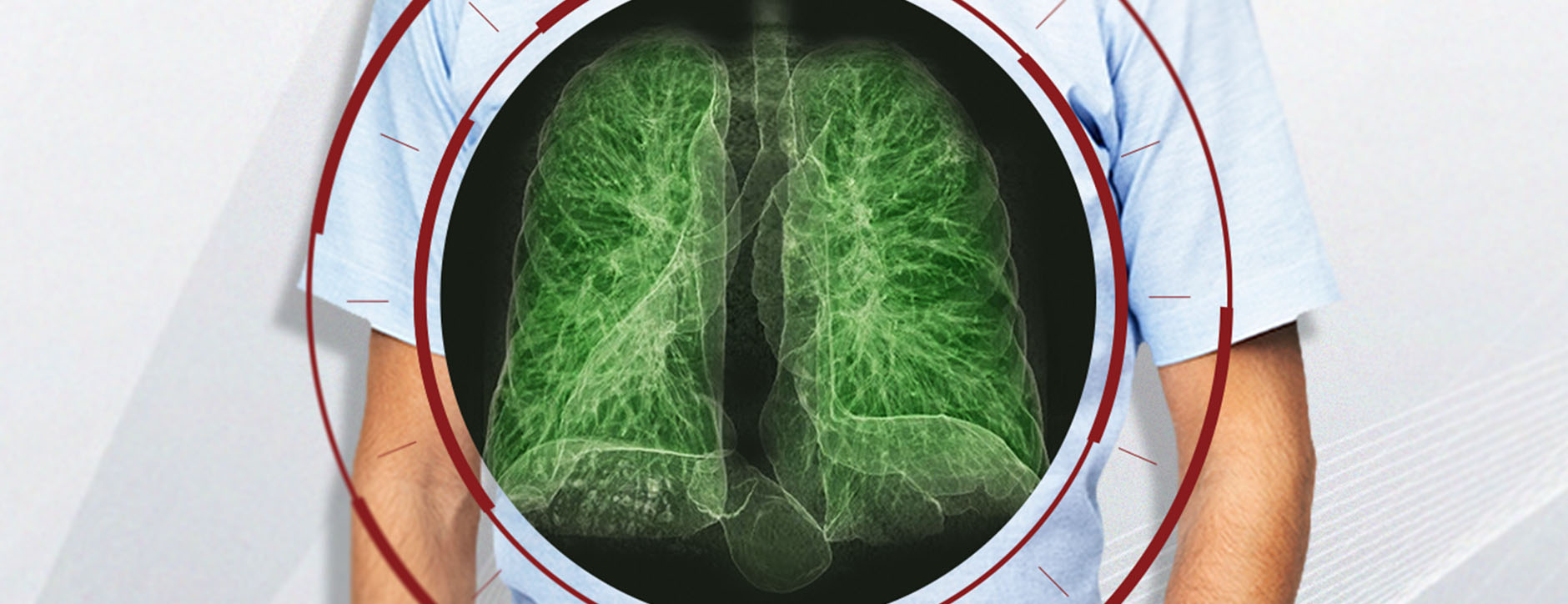Get in touch to schedule a screening today.
If you are at high risk for lung cancer, contact us to request a screening appointment. A member of our expert staff will respond quickly.
Drupal\substrata\Plugin\Shortcode\EmbedShortcode: Could not load webform client-block-101.


